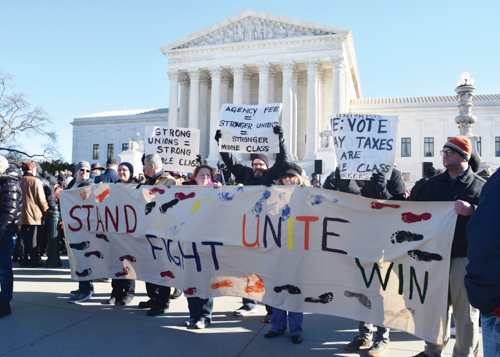What are the circumstances that would lead a university to act against its own self-interest, and negate its most basic values, including its commitment to academic freedom? This is perhaps the most urgent question posed by the libel lawsuit Butler University v. John Doe.
The trend for universities to rely more and more heavily on legal processes to regulate their affairs and conduct their business has been widely observed and well documented. In her book The Trials of Academe: The New Era of Campus Litigation (2009), Amy Gajda writes that “the growing recourse to the courts by academics, and the increasing willingness of judges to accept the invitation and resolve campus disputes, pose a substantial threat to [the] heart of academic self-governance.”1 Even in the context of this trend, however, the Butler case stands out, and raises the question of how far universities are willing to go in legalizing their campuses.


